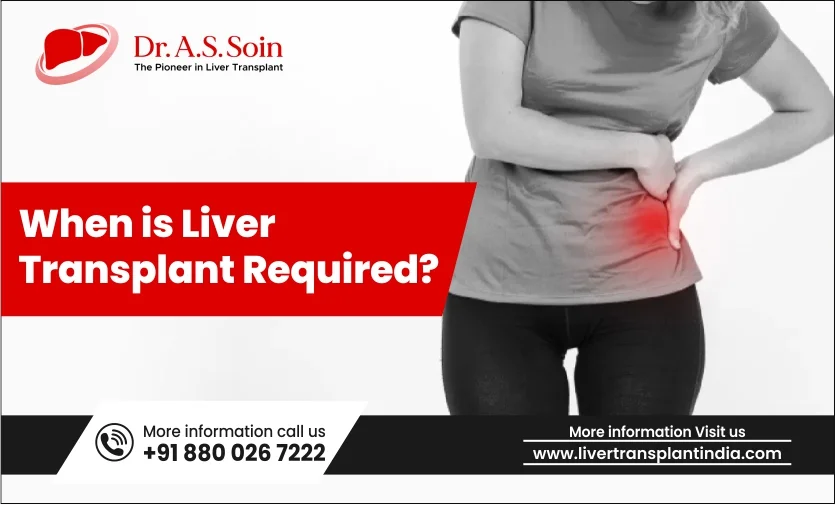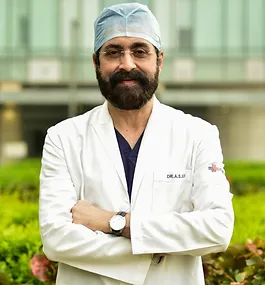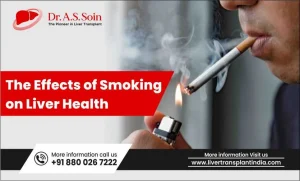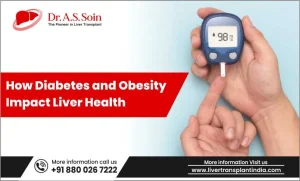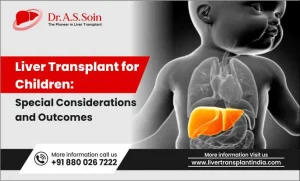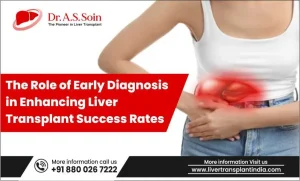The liver, often referred to as the body’s chemical workshop, plays a crucial role in maintaining overall health by processing nutrients, eliminating toxins, and producing essential proteins. However, liver transplant surgery may become necessary due to various conditions that lead to liver dysfunction or damage. Driven by a commitment to excellence, Dr. Soin and his team at Medanta Liver Institute, with over 4500 successful liver transplants, provide a new lease on life for patients suffering from liver disease.
When the liver fails to function properly due to diseases such as non-alcoholic fatty liver disease, hepatitis, excessive alcohol consumption, or liver cancer, it is termed as liver disease. Over time, this damage can lead to cirrhosis, a condition where liver tissue is replaced by scar tissue, potentially leading to liver failure, a life-threatening condition.
Table of Contents
ToggleUnderstanding Liver Transplant Surgery
Liver transplant surgery, also known as hepatic transplant, involves replacing a diseased or damaged liver with a healthy liver obtained from a deceased or living donor. This procedure is typically recommended for individuals with acute liver failure or end-stage liver disease, where the liver’s function is significantly impaired.
End-stage liver disease can result from various conditions including autoimmune liver diseases, genetic disorders, non-alcoholic fatty liver disease (NAFLD), alcoholic liver disease, chronic viral hepatitis, and certain metabolic abnormalities. For individuals whose liver function cannot be restored naturally, liver transplantation offers a potentially curative solution.
Who Requires a Liver Transplant?
Liver transplant surgery may be necessary for individuals with:
- End-Stage Liver Disease: This includes severe liver function decline due to chronic conditions like cirrhosis, often caused by factors such as alcohol misuse, hepatitis B or C infections, or specific genetic diseases.
- Acute Liver Failure: Rapid and severe liver failure, often caused by infections, reactions to medications, or toxins, where a transplant may be the only life-saving option.
- Liver Cancer: Certain cases of hepatocellular carcinoma, if detected early and meeting specific criteria, may benefit from liver transplantation.
Causes for Liver Transplant in Children
Biliary atresia, a congenital condition where bile ducts are underdeveloped, leading to liver failure, is a primary reason for liver transplants in infants. Early surgical interventions can sometimes manage this condition, but severe cases may progress to liver failure.
Causes of Adult Liver Transplants
Chronic hepatitis C infection is a leading cause of liver damage necessitating transplants in adults. Other conditions include non-alcoholic fatty liver disease, hepatitis B, primary sclerosing cholangitis, and primary biliary cirrhosis. Common tumors requiring transplants include hepatoblastoma in children and hepatocellular carcinoma in adults.
Who May Not Qualify for Liver Transplant Surgery
Candidates who may not qualify include those actively misusing drugs or alcohol, individuals with advanced cardiac issues, severe uncontrolled infections, or those unlikely to adhere to post-transplant care regimens.
Types of Liver Transplants
Liver transplants can be categorized into:
- Deceased Donor Liver Transplantation (DDLT): Involves transplanting a healthy liver from a deceased donor who has consented to organ donation.
- Living Donor Liver Transplantation (LDLT): Where a portion of a healthy liver is donated by a living person, typically a family member or close relative.
- Split Liver Transplant: Involves dividing a deceased donor’s liver into two parts, benefiting both an adult and a child recipient.
The Best Liver Transplant Surgery
Led by Dr. Soin, recognized as the best liver surgeon in Delhi, the Liver Transplant India team at Medanta Liver Institute excels in delivering advanced surgical techniques and personalized patient care. Specializing in treating liver cancer, cirrhosis, and acute liver failure, Medanta ensures optimal outcomes through cutting-edge technology and compassionate support.

